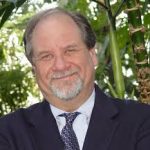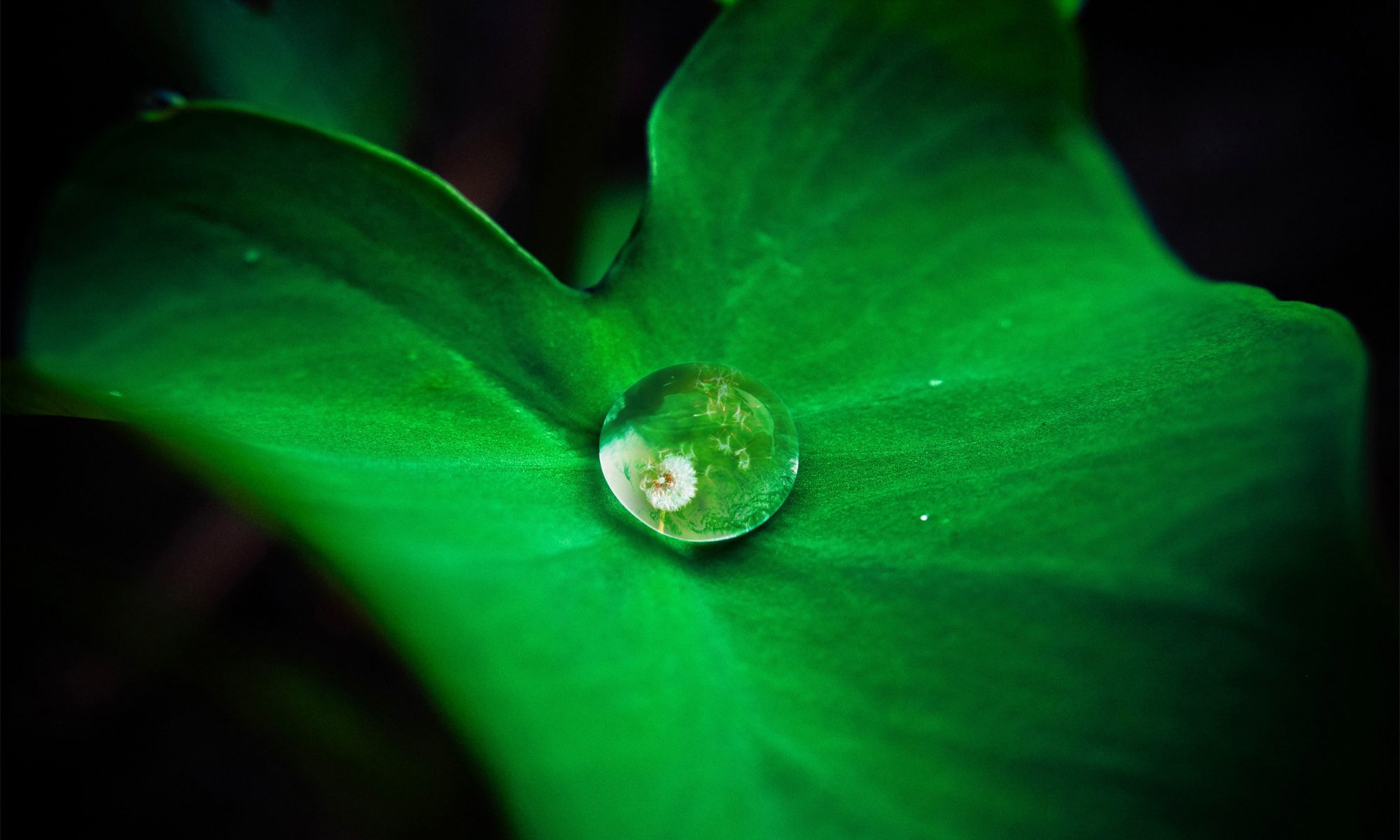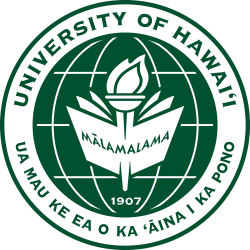 Vice President for Botanical Science, Director and Philecology Curator Institute of Economic Botany, The New York Botanical Garden [mbalick@nybg.org]
Vice President for Botanical Science, Director and Philecology Curator Institute of Economic Botany, The New York Botanical Garden [mbalick@nybg.org]
Bio
For nearly four decades, Dr. Michael Balick has studied the relationship between plants and people, working with traditional cultures in tropical, subtropical, and desert environments. He is a specialist in the field known as ethnobotany, working with indigenous cultures to document their plant knowledge, understand the environmental effects of their traditional management systems, and develop sustainable utilization systems-while ensuring that the benefits of such work are always shared with local communities. Dr. Balick also conducts research in New York City, studying traditional healing practices in ethnic communities of the urban environment.
His scientific research has taken him to many countries including , Belize, Bolivia, Brazil, China, Columbia, Costa Rica, Egypt, Federated States of Micronesia, Haiti, Honduras, India, Israel, Jamaica, Mexico, Palau, Peru, Sri Lanka, Trinidad, Thailand, Vanuatu, and Venezuela. His fieldwork also includes trips to the fruit and vegetable markets and botanicas of New York City.More…
 Earth Island Institute’s Sacred Land Film Project [tm@sacredland.org]
Earth Island Institute’s Sacred Land Film Project [tm@sacredland.org]

 Cornell University, Cornell Plantations [cpd55@cornell.edu]
Cornell University, Cornell Plantations [cpd55@cornell.edu] Vice President for Botanical Science, Director and Philecology Curator Institute of Economic Botany, The New York Botanical Garden [mbalick@nybg.org]
Vice President for Botanical Science, Director and Philecology Curator Institute of Economic Botany, The New York Botanical Garden [mbalick@nybg.org] National Geographic Society Explorers Council and University of British Columbia [wade.davis@ubc.ca]
National Geographic Society Explorers Council and University of British Columbia [wade.davis@ubc.ca] Institute of Pacific Islands Forestry, Pacific Southwest Research Station, USDA Forest Service [cgiardina@fs.fed.us; giardina@hawaii.edu]
Institute of Pacific Islands Forestry, Pacific Southwest Research Station, USDA Forest Service [cgiardina@fs.fed.us; giardina@hawaii.edu] University of Hawaiʻi Academy for Creative Media [vili@hawaii.edu]
University of Hawaiʻi Academy for Creative Media [vili@hawaii.edu] University of Oregon, Dean Clark Honors College, Professor of Anthropology [tlhunt@uoregon.edu]
University of Oregon, Dean Clark Honors College, Professor of Anthropology [tlhunt@uoregon.edu] American Museum of Natural History
American Museum of Natural History National Center for Scientific Research (French CNRS)
National Center for Scientific Research (French CNRS)